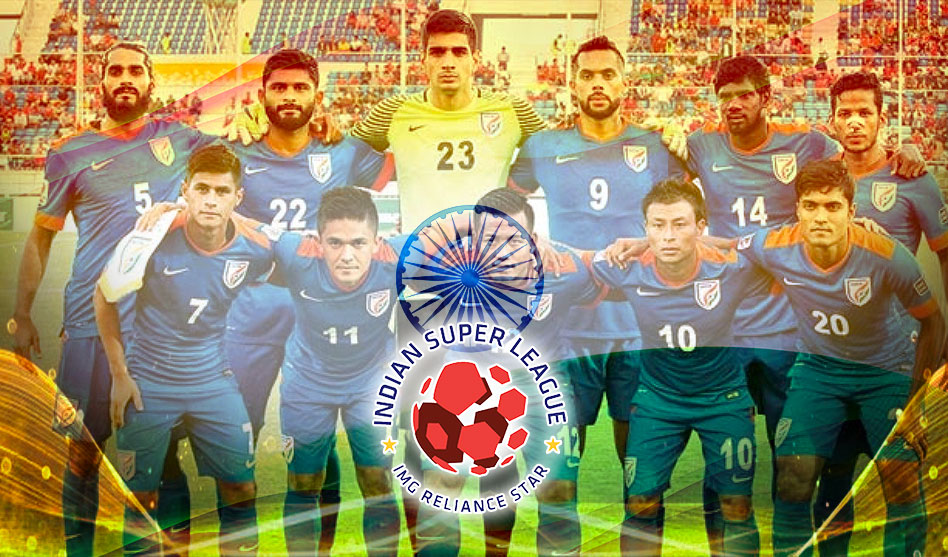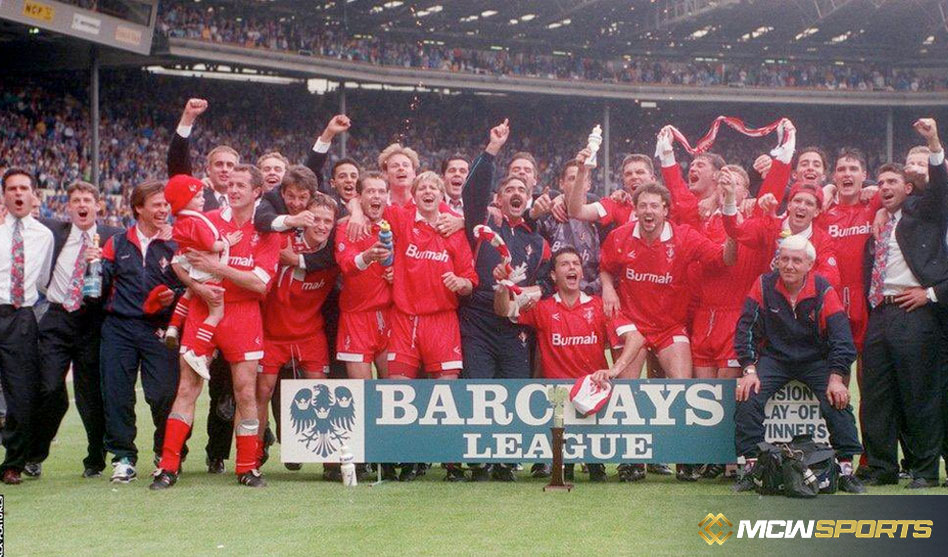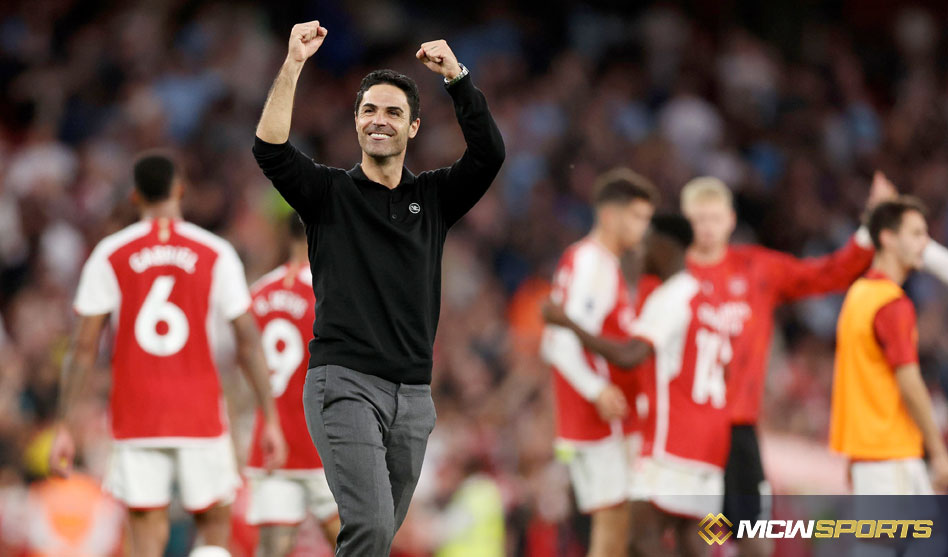This content has been archived. It may no longer be relevant
There is no doubt that the Indian Super League (ISL) has put Indian football on the map. It could be due to the high-profile imports or the sheer attendance figures at some venues, but one cannot deny that the league has come up unnoticed. The competition has generated a great interest in the sport in the country. Emotions and raw sentiments need to be uplifted through expertise and they were introduced to the country’s football by the Indian Super League (ISL). Established in 2014, the league attracted immense media attention and lured international stars and coaches to revolutionize the sport’s landscape in the country.
The level of football has dramatically improved since the inception of the ISL. Of course, Indian players haven’t become world-beaters overnight. However, there is a sense that with the right guidance, they could cast themselves as continental regulars. For the past few years, the ISL has been acting as the breeding ground for countless talented individuals. And, it has told the players that this game – the game they love, could financially take care of them and their families. So, the monetary aspect is worth understanding because Indian football has, historically, not been looked upon as a career option.
The ISL has now completed eight seasons with an increasing degree of success. Hence, it seems to be an appropriate time to ponder upon the impact of the pioneering competition on the Indian football season.
- Strategic international partnerships
The top-tier league of Indian football has attracted international strategic partnerships with Atletico Madrid, City Football Group, and others. In 2020, despite being only a year-old club, Hyderabad FC partnered with Bundesliga giants Borussia Dortmund for two years with an option to extend till 2025. The German club helped the Nizams both with their academy structure as well as guiding their coaches.
Bengaluru FC has also coordinated with Scottish champions Rangers to develop youth football and grassroots in the country. The neighboring club of the Blues, FC Goa, 2020, entered into a strategic partnership with RB Leipzig for ‘youth development that will run until 2023.
In 2019, Mumbai City became the eighth member of the City Football Group. CFG took a 65% stake in the Mumbai-based club. This turned out to be the biggest investment in Indian football. Consequently, the next season the Islanders completed the season double and became the new heavyweights in the country.
- Commercialization and international standard broadcast
An area where the ISL has truly excelled is getting support from big corporate entities. They were previously shying away from the football scene in India. The influx of corporate funding and even non-footballing celebrities like Bollywood stars and cricketers has been significant. It has in a way helped in improving general infrastructure about competition.
The quality of broadcast and presentation has also been better than ever seen before in Indian football competitions. The broadcast on the Star Sports Network and Hotstar helped to reach out to a maximum audience in the Indian subcontinent.
The announcement of a worldwide partnership with German football media company, Onefootball to broadcast the Indian Super League (ISL) in over 200 countries across the globe (excluding the Indian subcontinent) added to the propagation of the league. It was something that had never happened in Indian football and helped in the league’s commercialization across the globe.
Last season the quality goals from Liston Colaco and Greg Stewart were featured on the global Instagram page 433. Indian football fans can expect this to be the stepping stone to the greater things yet to come.
- Prominent International stars on Indian shores
The initial phase of the league saw the likes of Robert Pires, Alessandro Del Piero, Roberto Carlos, David Trezeguet, Diego Forlan, and numerous other superstars ply their trade in India. This kind of assembly of marquee players was unheard of in Indian football at that time. Though most of the players were at the fag end of their careers and signed for relatively brief spells, their sheer presence set the base for the league, from which it has grown exponentially.
The signings of Dimitar Berbatov, David James, Tim Cahill, Francis Medina Luna, Piti, and Asamoah Gyan add up to the elite list of professionals to challenge themselves in India before hanging the boots.
These signings eventually helped the league get media attention and become a football market. Previously, it was mostly African and Brazilian players who were witnessed in the country’s sport. The clubs are now able to hijack deals from Europe as well. The signing of Florentin Pogba from Ligue 2 club FC Sochaux to ATK Mohun Bagan is a recent example.
- Emphasis on elite fitness
Gone are the days when Indian players ate butter chicken after games. The lifestyle of players has changed over the eight years of the league and the credit goes to the emphasis on fitness. Nutrition plays a huge factor in their ability to stay fit and also during recovery from injuries. Players have different diet charts for match days too! They are very disciplined nowadays and follow the fitness routine diligently. This generation of Indian footballers are leaner and more muscular than ever, and that is a result of their weight training in the gym where they sweat it out and swear.
The players are now faster, stronger, and possess the endurance of the highest order. They press their opponents from the word go and consistently manage to keep up the pressure for the whole duration of the match. Their Instagram account is a perfect window into their elite lifestyle. There, one can explore more about the player’s off-the-field efforts to stay fit and maintain a high level of fitness.
- Developed a professional set-up
Before the 2019/20 season, I-League was the top-tier league in the country. However, ever since the introduction of the ISL, it has taken over the fans and embarked on a new journey in the history of Indian football. With the ISL at the top, Indian football now have I-League as the unofficial second division followed by a third-division league. The ISL doesn’t possess promotion-relegation. However, from next year that will be in place as well. Even the introduction of the Reliance Foundation Development League will help in nurturing many young talents.

 English
English










